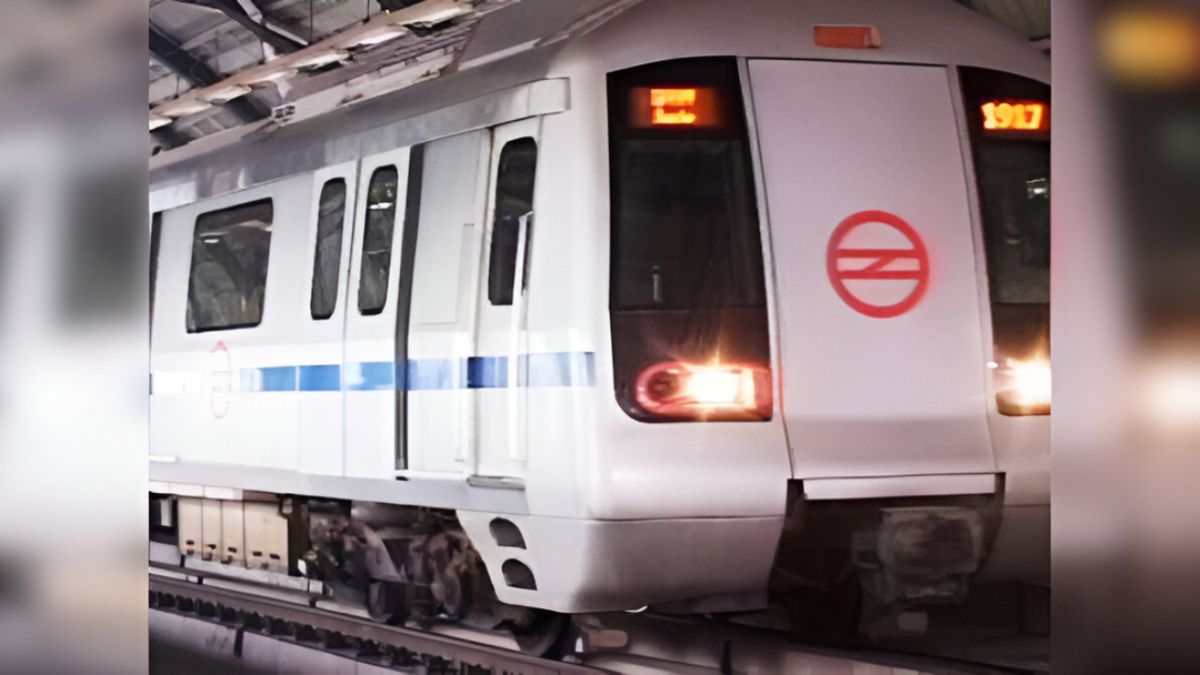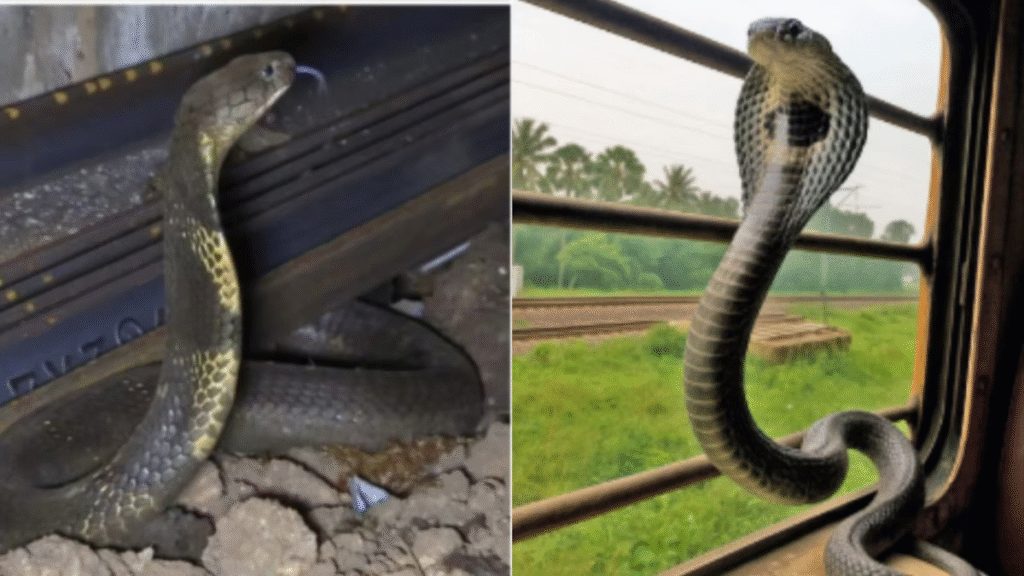Now Reading: Delhi Metro Implements Critical Safety Halt Following Earthquake
-
01
Delhi Metro Implements Critical Safety Halt Following Earthquake
Delhi Metro Implements Critical Safety Halt Following Earthquake

In a swift and decisive response to an earthquake that rattled the Delhi-National Capital Region (NCR) today, Delhi Metro trains were promptly halted for approximately 2-3 minutes as a crucial precautionary measure. This action, in strict adherence to the Delhi Metro Rail Corporation’s (DMRC) Standard Operating Procedures (SOP), underscores the unwavering commitment to passenger safety in a seismically active region.
The tremors, originating from a magnitude 4.4 earthquake with its epicenter in Jhajjar, Haryana, at a depth of 10 kilometers, were felt across Delhi, Noida, Gurugram, and Faridabad. While many residents reported feeling the ground shake, some metro commuters remained unaware of the seismic event, highlighting the effectiveness of the automatic safety protocols. A passenger, Arshad, recounted, “The train stopped around 9:04-9:05 am. We didn’t feel (the tremor).”
Delhi, falling under Seismic Zone IV, is categorized as a “High Damage Risk Zone,” signifying a significant potential for earthquakes of moderate to high intensity. Given this geological reality, the DMRC has implemented a robust and multi-layered safety system designed to mitigate risks during seismic events. This includes an Advanced Earthquake Response Protocol, which dictates the immediate suspension of train services upon detection of tremors.
The brief halt allows for an initial assessment of the situation and ensures that no trains are operating during potentially dangerous ground shaking. Following such a halt, a comprehensive physical and technical inspection of the entire metro line is undertaken by safety teams. This meticulous process verifies the integrity of tracks, overhead equipment (OHE), pillars, and tunnels before train services are gradually resumed. This stringent verification is paramount, especially for a system with extensive underground and elevated sections, which are more susceptible to the direct impact of seismic tremors compared to open tracks.
The proactive approach of the Delhi Metro in stopping operations serves as a testament to its commitment to prioritizing human lives over operational continuity during natural calamities. While such halts may cause minor inconveniences, they are essential safeguards in a region prone to seismic activity, ensuring the structural integrity of the vast metro network and the well-being of its millions of daily commuters. This incident once again underscores the vital importance of robust disaster preparedness and adherence to stringent safety protocols in urban infrastructure.










